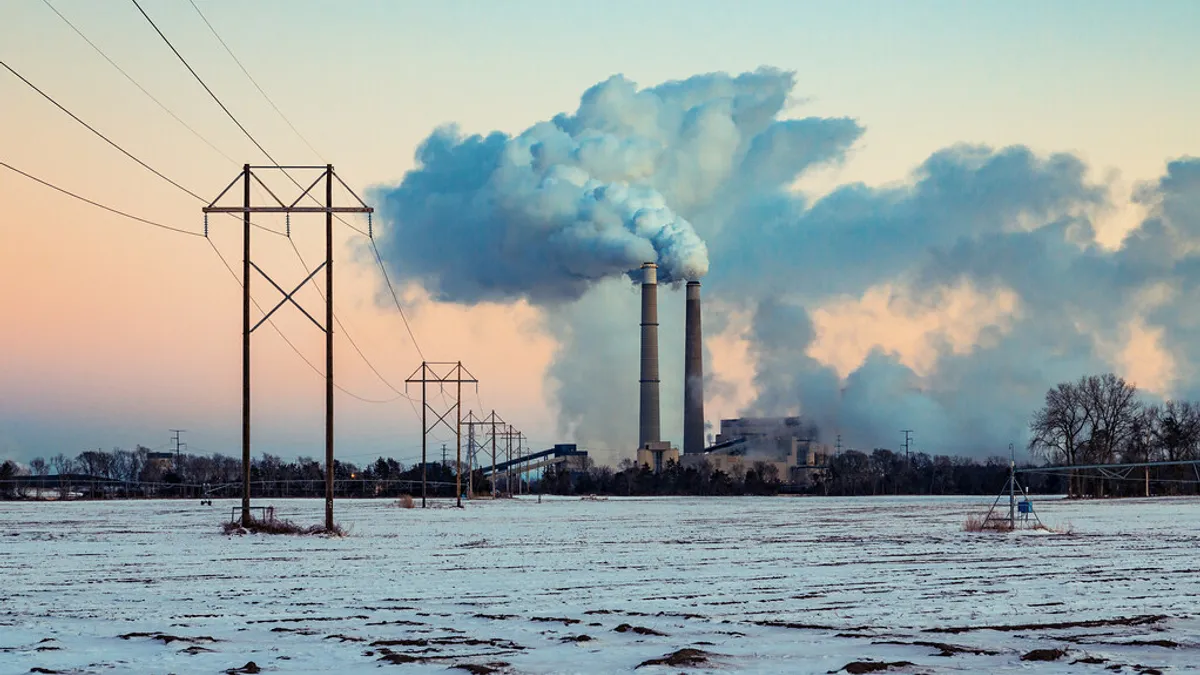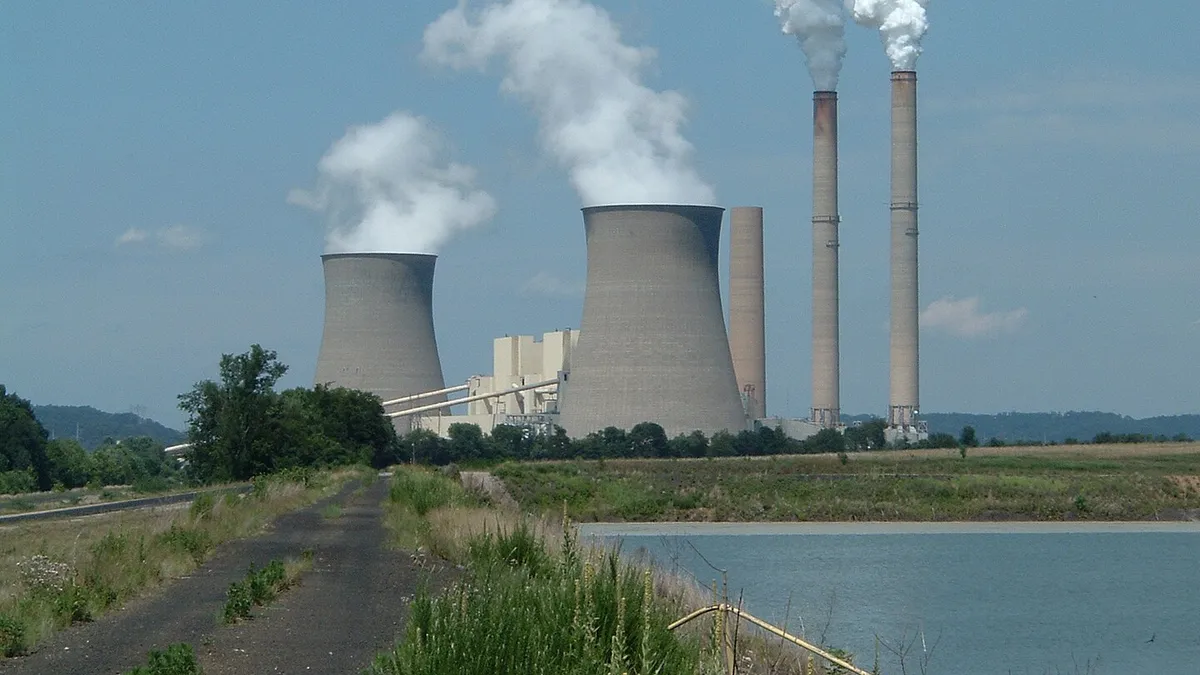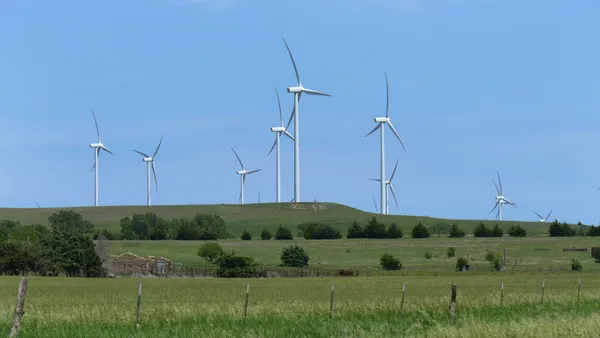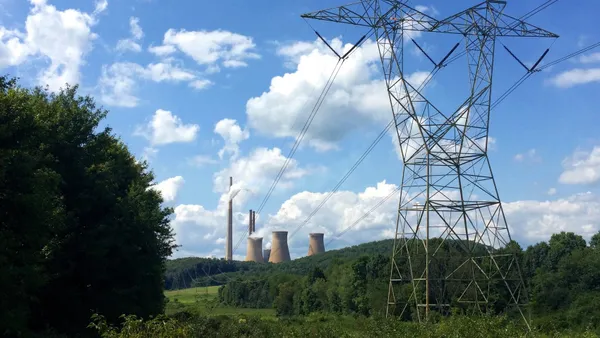Dive Brief:
- Xcel Energy on July 1 filed its Upper Midwest Energy Plan with the Minnesota Public Utilities Commission, laying out a path toward "some of the most ambitious carbon reduction goals of any utility," including plans to reduce carbon emissions 80% by 2030.
- The utility wants to provide 100% carbon free energy by 2050, but cautioned that the last stretch of decarbonization will require technologies that have not yet been developed, or are not yet economical. The plan period stretches from 2020 to 2034.
- Xcel previewed its plan in May, including the addition of 3,000 MW of solar power by 2030 and the early phaseout of its coal resources. Upon reviewing the final proposal, however, environmental advocates say the plan still relies too heavily on gas-fired plants, including new additions to Xcel's fleet.
Dive Insight:
Xcel's IRP mirrors a debate echoing around the utility industry today: How much gas-fired power is necessary to maintain reliability, as the sector heads towards an increasingly renewable future?
For the Sierra Club, less dirty than coal "is still too dirty."
Minnesota could move to 100% clean, renewable energy, but "that won't be possible if Xcel Energy continues to approach clean energy in fits and starts," according to Sierra Club's Beyond Coal senior campaign representative Jessica Tritsch.
Xcel plans to retire its Allen S. King coal plant by 2028, and its Sherco unit 3 coal generator by 2030 and reduce its Sherco unit 2 to seasonal operation until its 2023 retirement. Along with more renewables, the preferred plan includes more than 700 GWh annually of energy efficiency savings.
But the plan also includes taking ownership of the gas-powered Mankato Energy Center and building a new combined cycle gas plant at its the Sherco site in 2026. And while the utility says its preferred plan is a result of collaboration with clean energy advocates, they acknowledge it is merely the beginning of the debate.
The plan to shutter remaining coal plants and invest in solar and energy efficiency "is certainly essential," said Tritsch. But the group balks at plans to build the new gas facility and to extend the license of the Monticello nuclear plant by a decade.
"We can't avoid the dangerous and expensive impacts of the climate crisis if we swap coal for another polluting fossil fuel, and every dollar Xcel spends on nuclear is one less spent on renewables," Tritsch said in a statement.
Xcel says its plan reaches 2030 goals through the retirement of its coal fleet, extension of nuclear, "aggressive renewable additions," and demand-side management that includes efficiency and demand response.
To get from 80% to 100% decarbonization, however, "will require technologies that have not yet been developed or deployed economically," the utility said in its IRP.
Xcel said its preferred plan resulted from a process that included 13 public workshops, independent expert analysis, and months of information sharing, which produced a consensus agreement signed by the utility, the Minnesota Center for Environmental Advocacy, the Union of Concerned Scientists, Sierra Club and others.
But the utility also noted that the agreement underlying its preferred plan "is simply the beginning" of the decarbonization process.
"And although elements of our preferred plan are captured by the settlement, the parties to the agreement have not endorsed the entire plan and the commission has not yet approved the plan," Xcel said in its IRP. "As a result, we look forward to a healthy discussion on the best way forward."















